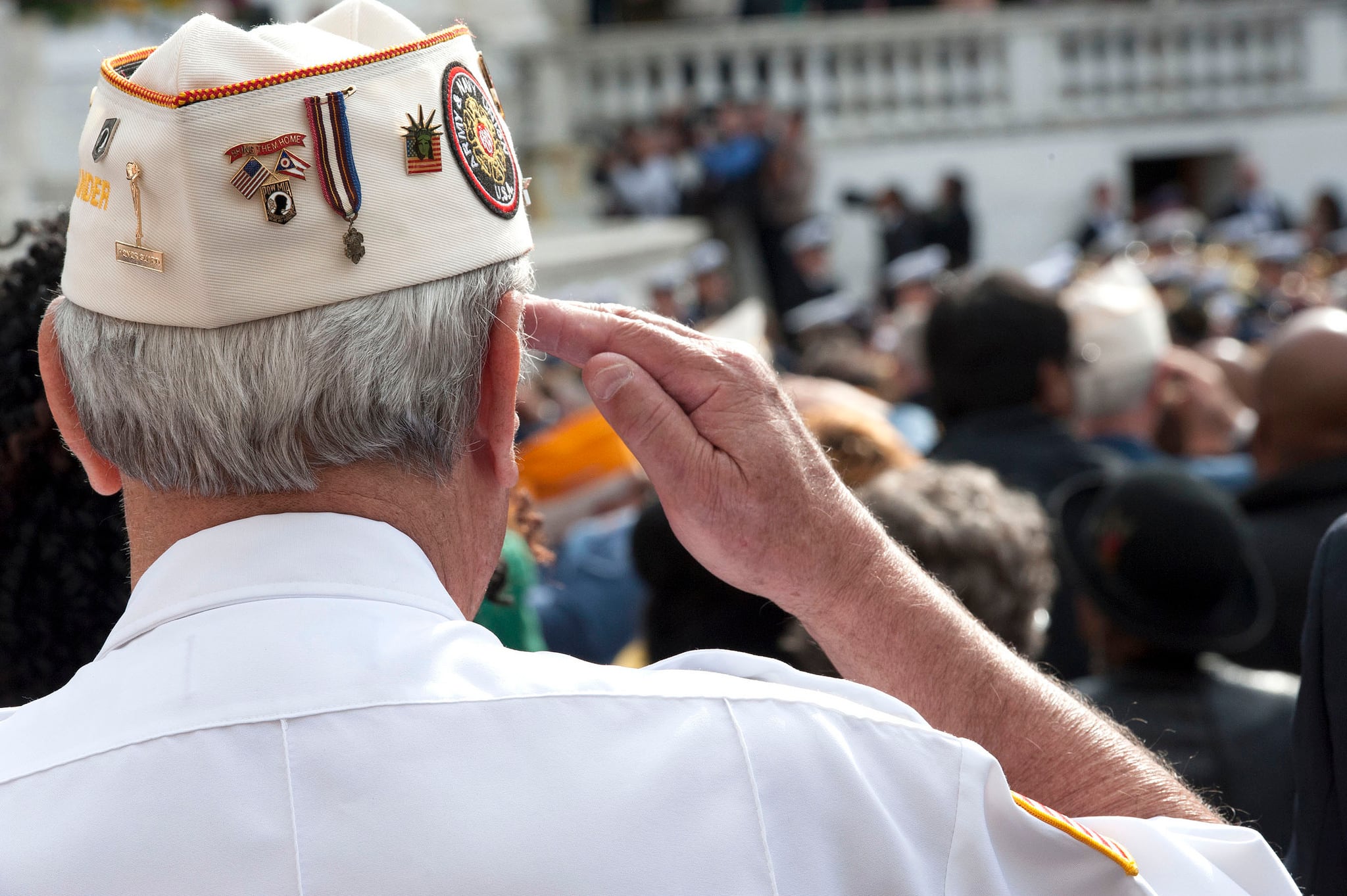WASHINGTON — When the Department of Veterans Affairs starts offering new ID cards next month, they won’t be available to every veteran.
That’s because of a decision by VA officials to issue the new IDs only to individuals with honorable discharges, a move that goes against earlier department policies at increasing outreach to veterans with so-called “bad paper” discharges.
The decision has upset advocates, who see it as an unnecessary restriction.
“There’s really no reason to do that,” said John Rowan, national president at Vietnam Veterans of America. “It doesn’t serve veterans well.”
Department officials will start issuing the new veterans ID cards next month. The purpose is to give eligible veterans an easy way to prove their military service for a variety of non-government services, such as business discounts and other promotions.
Legislation authorizing the cards, sponsored by Rep. Vern Buchanan, R-Fla., passed through Congress without objection in July 2015. Since then, VA leaders have spent time finalizing the rules and application process for the new IDs.
Veterans who wish to receive one of the cards will have to apply through the VA website starting next month. Specifics on that process, including what the cards will look like and how long it will take for them to be mailed out to eligible recipients, have not yet been made public.
But VA Press Secretary Curt Cashour confirmed this week that “only those veterans with honorable service will be eligible for the ID card.”
The legislation as passed by Congress calls for VA officials to issue an ID to any veteran who requests one and “presents a copy of Department of Defense form DD-214 or other official document from the official military personnel file of the veteran that describes the service of the veteran.” It does not specify excluding veterans with other-than-honorable dismissals.
Cashour declined to provide specifics on the reasoning behind VA’s decision.
RELATED

Veterans advocates for years have pushed for expanded services for the estimated 500,000 veterans who have been separated from the military with so-called “bad paper” discharges, arguing that many are reputable veterans whose underlying conditions forced them out of the service.
They argue that many troops booted from the ranks because of drug abuse and minor insubordination issues may actually have been suffering from untreated mental health issues like post-traumatic stress disorder and traumatic brain injury. They can appeal those rulings if medical evidence surfaces later, but advocates say it’s a complicated and inconsistent process.
Veterans with other-than-honorable discharges are ineligible for a host of VA benefits and health services.
But earlier this year, VA Secretary David Shulkin opened up emergency room mental health services to veterans with other-than-honorable discharges for the first time, arguing that bringing those isolated veterans back into the system would help identify their lingering medical problems and stem the problem of veteran suicide.
At the time, veterans groups called that an important step forward in helping an often-shunned section of the military community. Now, they see the ID card decision as a step backwards.
“I find it incredibly frustrating, and deeply hurtful, that the VA would deny hundreds of thousands of veterans like me our very identity, after all that we know today about the nexus of PTSD and bad paper,” said Kris Goldsmith, founder of High Ground Veterans Advocacy and a veteran with a bad-paper discharge.
“I served on active duty, and was discharged under conditions other than dishonorable. The law says I’m a veteran. But VA’s current self-imposed policy is telling me that I’m not. This is a direct contradiction of the secretary’s efforts to bring veterans with bad-paper back into the fold.”
Rowan, whose group has made bad paper issues one of their primary lobbying focuses in recent years, said if VA recognizes other-than-honorable veterans in emergency rooms, they should also recognize their service in less critical matters like business discounts.
The new cards won’t replace VA medical cards or official defense retiree cards, and will not carry any force of law behind them. Supporters have called a national veterans ID card a simple way to honor veterans’ service, and a way to cut down on identity theft issues that arise from veterans carrying around their military discharge paperwork or other personal documents prove their status.
The law allows VA to collect a fee to cover the costs of the new cards, but department officials have said they will be issuing the IDs for free.
Rowan said he plans to petition Shulkin personally in coming days to lift the ID restrictions. In the meantime, VA is promising more information on the application process in coming weeks.
Leo covers Congress, Veterans Affairs and the White House for Military Times. He has covered Washington, D.C. since 2004, focusing on military personnel and veterans policies. His work has earned numerous honors, including a 2009 Polk award, a 2010 National Headliner Award, the IAVA Leadership in Journalism award and the VFW News Media award.




